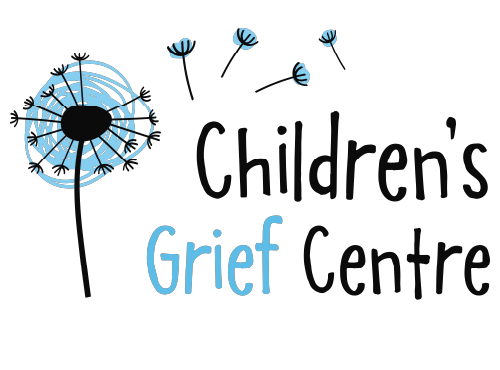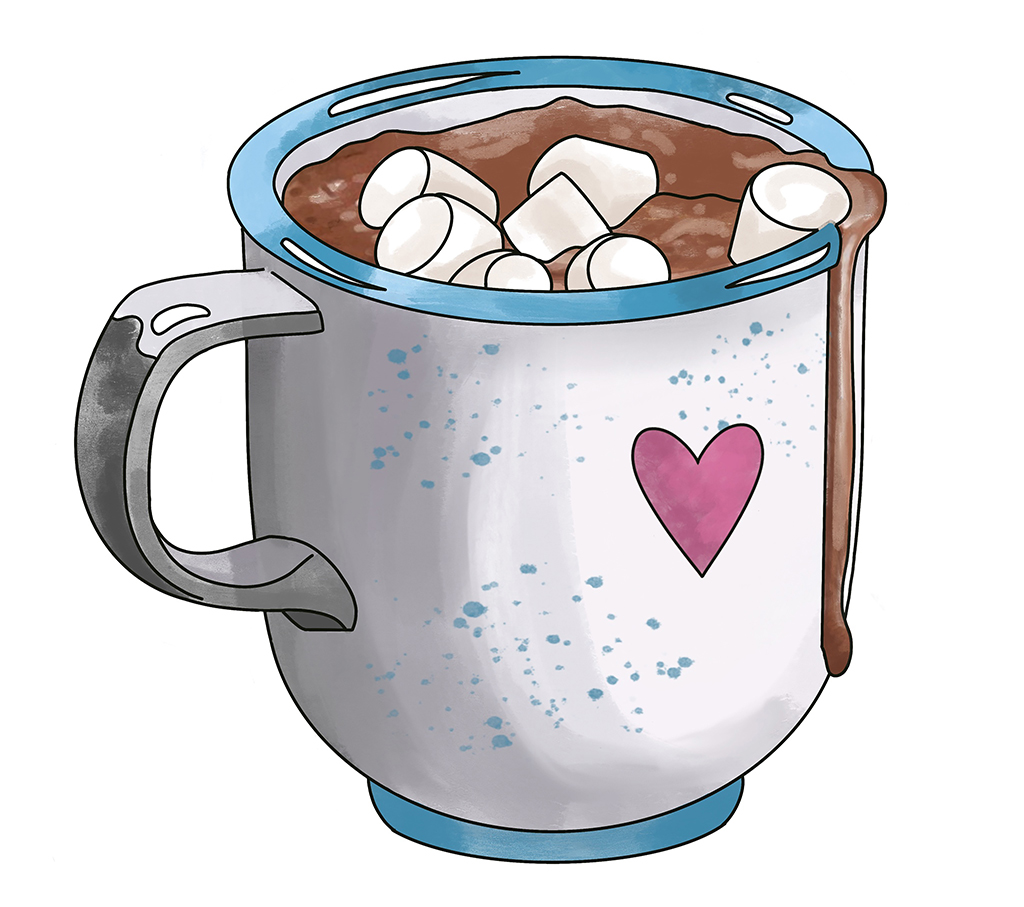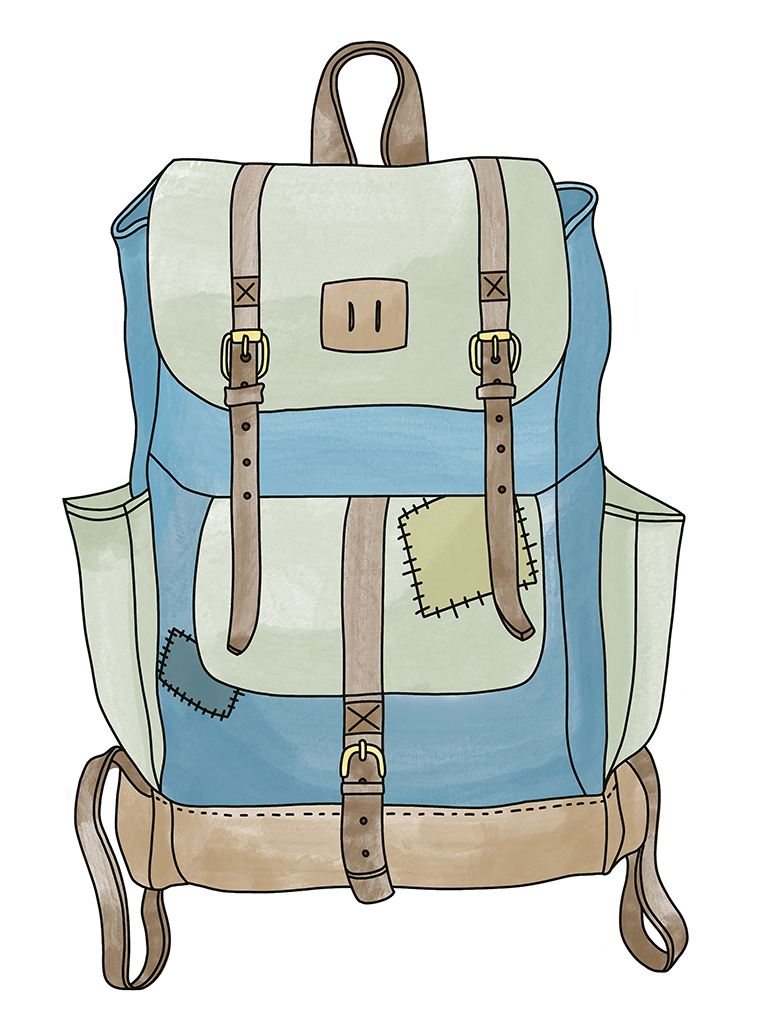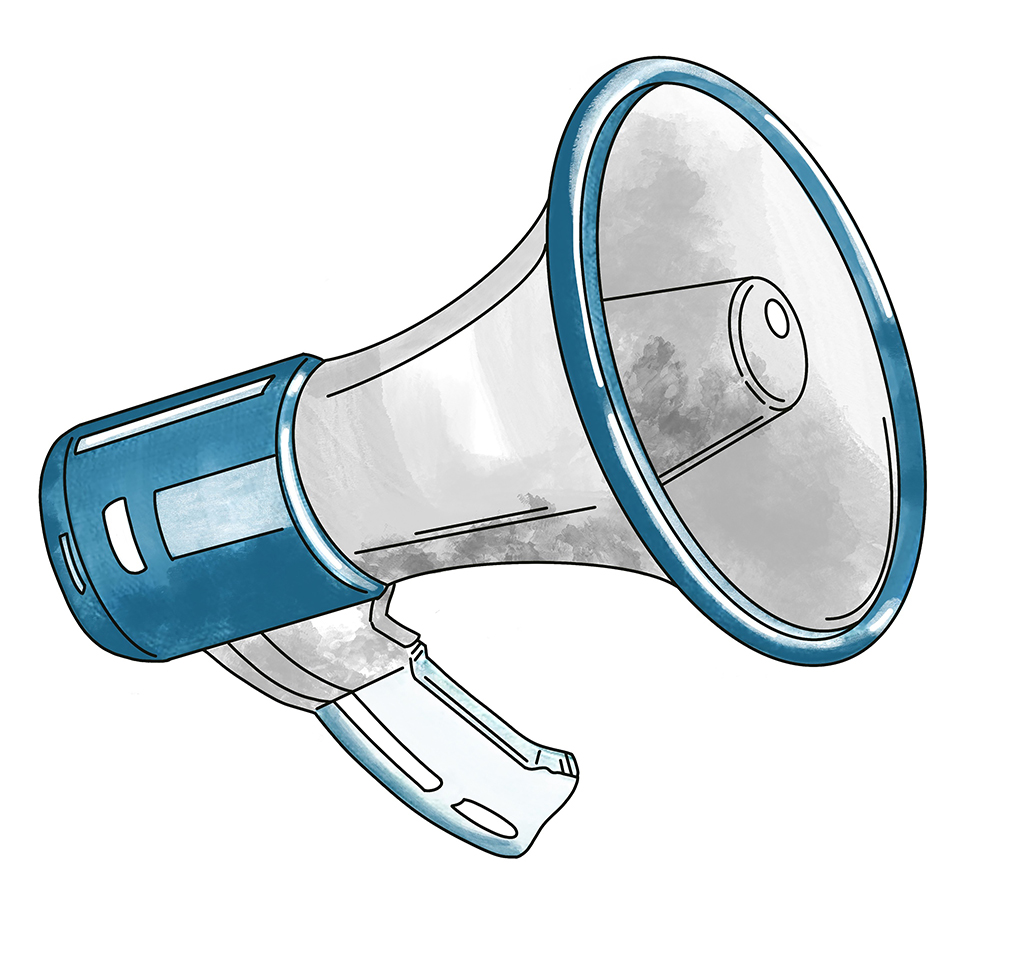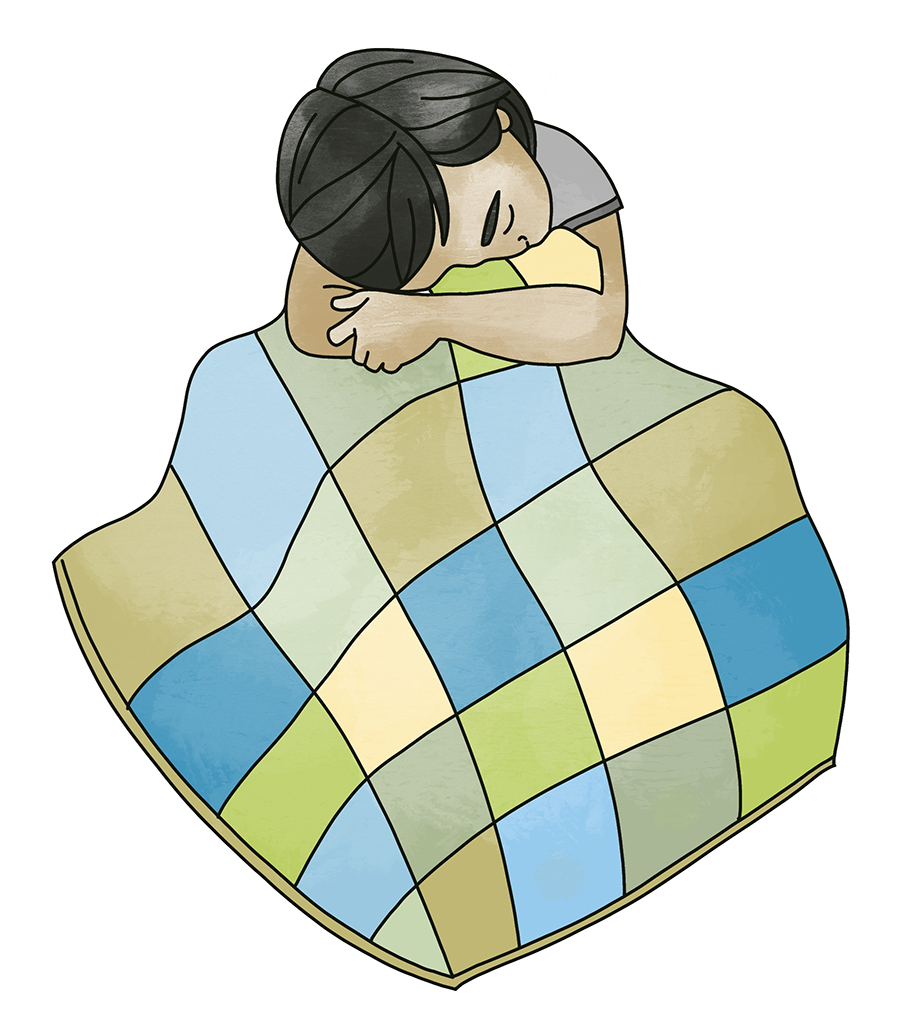Resources to support parents and caregivers.
These resources can be used by parents or caregivers to support their children when someone in their life is dying or has died.
Common Concerns: What do I say to my children when bad things happen?
As parents, we wonder, “How can this sort of thing happen? Is my family safe? Is the world we live in safe?” We feel helpless, numb, terrified, angry, profoundly sad, and we ask ourselves, “How do I handle this? Where to from here?” Here are some things you can do for yourself and your family.
Common Concerns: Should My Child Attend the Funeral?
After a death, many decisions need to be made fairly quickly, including about funeral or memorial services. Parents often wrestle with whether it is appropriate for their children to attend the service and what they should consider.
Common Concerns: Sleep Disturbances
Sleep disturbance is a common experience for the bereaved. It’s an indication that our minds and bodies feel the impact of the loss.
Common Concerns: How do I Support my Children After a Sudden Death?
When someone in our world dies suddenly, there can be a profound impact on us. In the hours and days following a death, our bodies and mind respond in many ways: from numbness and silence to outbursts and busy bodies. All these responses are normal.
When Grief Goes to School: Five Tips for Parents
When a child or teen has experienced the death of someone in their lives, the thought of going back to school often brings additional challenges. When faced with this situation, parents can do a few things to help their children feel safe and give them a sense of stability.
Teen Grief: Talking to Teens about Life-Threatening Illness
Families face numerous changes and losses, and life can feel like a roller coaster when someone close to them has a life-threatening illness. The following is a guide to help you identify common responses for the teenagers in your life.
Talking to Children about Life-Threatening Illness
When someone has a life-threatening illness, their whole family is impacted by the many changes, concerns, and uncertainties. Adults may choose to avoid talking to children about the illness to protect them from pain and distress. However, consider that children can typically feel when something is going on in their family even when they are not told. When they are not informed, they often feel excluded, alone, and isolated. They may even think that they have caused the anxiety and unsettled state of their family.
Child & Teen Grief after a Suicide
A child or teen’s grief is impacted by many factors, including the circumstances of the death. A death by suicide can merit special considerations for the bereaved due to its associated stigma, sudden nature, and the confusion that often follows. Unfortunately, because of people’s discomfort with the subject of suicide, young people can be left unsupported and isolated.
Teen Grief: Common Responses and Ways You Can Help
Grief responses are individual, and each teen’s grief experience will be unique. That said, the following guide can help you identify some of the common grief responses in teenagers after a death.
Child Grief: What They Understand, How They Respond, and Ways You Can Help
Children grieve differently than adults: they grieve in doses, alternating between times of play and intense emotions. A child’s age, developmental stage, and experiences will determine their understanding of death and ability to cope with the death of someone in their life. As well, children often “re-grieve” the loss as they move through life.
More Resources from the Children’s Grief Centre
Did you know we have a Parent Lunch and Learn Series?
The series, led by the Children’s Grief Centre, provides parents and caregivers with brief, concrete, and accessible information as they navigate new situations with their grief and their children’s grief. Learn more about the series and to watch recorded conversations.
Learn More 〉
Resources from Other Organizations
- Canadian Alliance for Children’s Grief
- Caregiver Centered Care (caregivercare.ca)
- Good Grief Walking: Friends of Fish Creek, Calgary
- Helping Children and Teens Recover from a Disaster or Emergency
- National Alliance for Children’s Grief
- Preparing Emotionally for Disasters or Emergencies
- Psychological First Aid After a Disaster
- Responding to a Disaster or Emergency
- Recovery After a Disaster or Emergency
- Support for Caregivers (Caregivers Alberta)
Videos en français
Suggested Books for Families
The book titles below will link you to Goodreads. There, you’ll find reviews and information about the book. Most of these books can be borrowed from the Library or purchased from book stores.
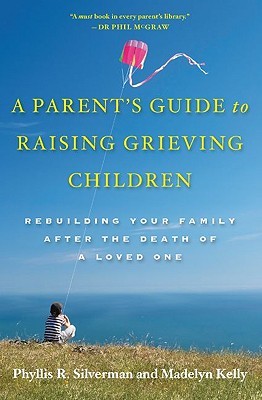
A Parent's Guide to Raising Grieving Children: Rebuilding Your Family after the Death of a Loved One
by Phyllis R. Silverman
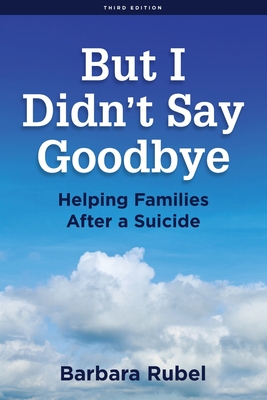
But I Didn't Say Goodbye: Helping Families After a Suicide
by Barbara Rubel
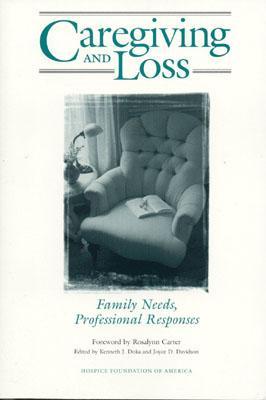
Caregiving And Loss: Family Needs, Professional Responses
by Kenneth J. Doka and Joyce D. Davidson

Catching Your Breath in Grief: ...and grace will lead you home
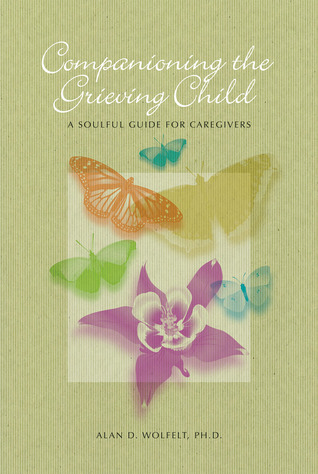
Companioning the Grieving Child: A Soulful Guide for Caregivers
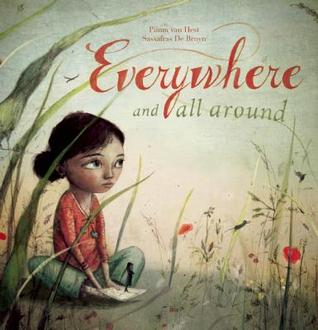
Everywhere and All Around
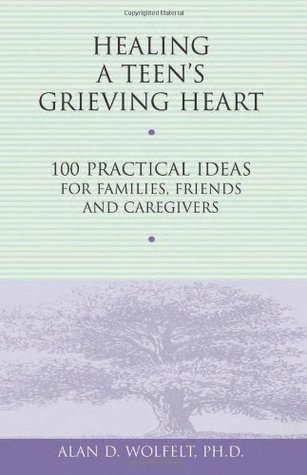
Healing a Teen's Grieving Heart: 100 Practical Ideas for Families, Friends and Caregivers
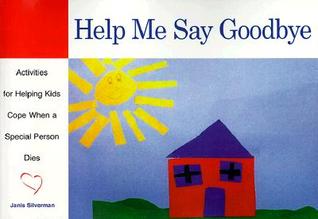
Help Me Say Goodbye: Activities for Helping Kids Cope When a Special Person Dies
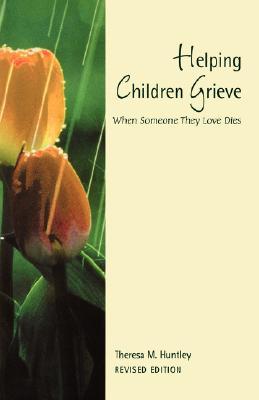
Helping Children Grieve, Revised Edition: When Someone They Love Dies
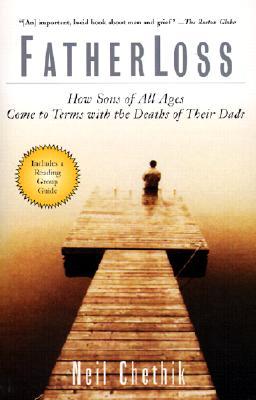
Fatherloss: How Sons of All Ages Come to Terms with the Deaths of Their Dads
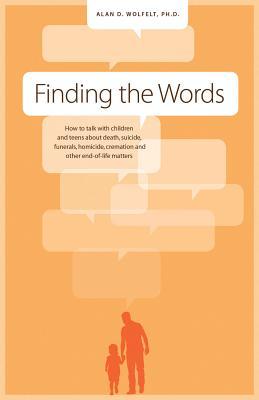
Finding the Words: How to Talk with Children and Teens about Death, Suicide, Homicide, Funerals, Cremation, and other End-of-Life Matters
by Alan D. Wolfelt
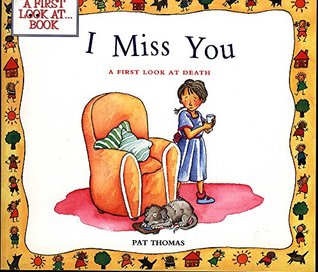
I Miss You: A First Look At Death
by Pat Thomas
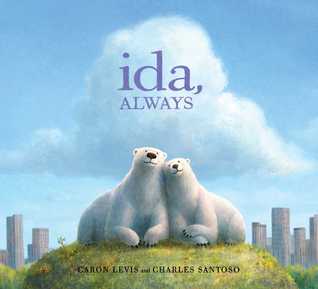
Ida, Always
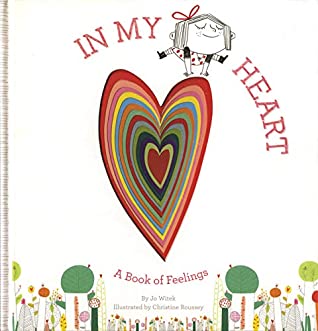
In My Heart: A Book of Feelings
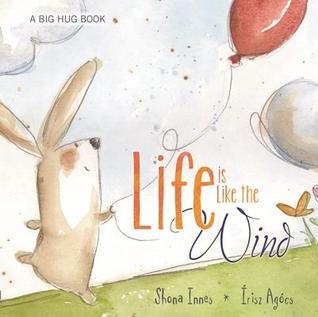
Life Is Like the Wind
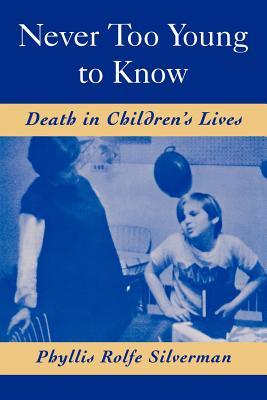
Never Too Young to Know: Death in Children's Lives
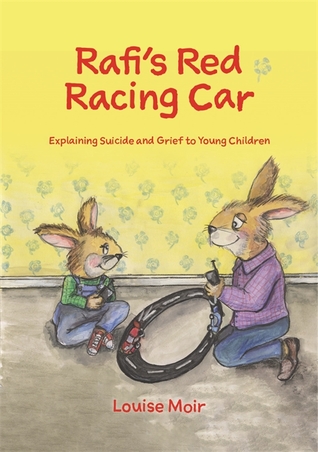
Rafi’s Red Racing Car: Explaining Suicide and Grief to Young Children

Option B: Facing Adversity, Building Resilience, and Finding Joy
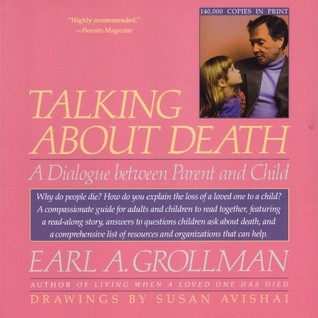
Talking about Death: A Dialogue Between Parent and Child
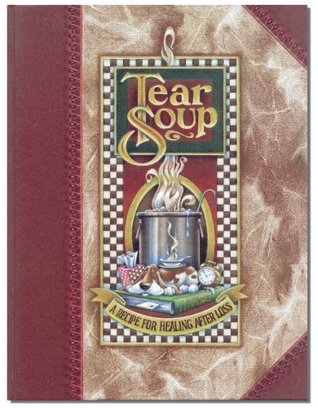
Tear Soup: A Recipe for Healing After Loss
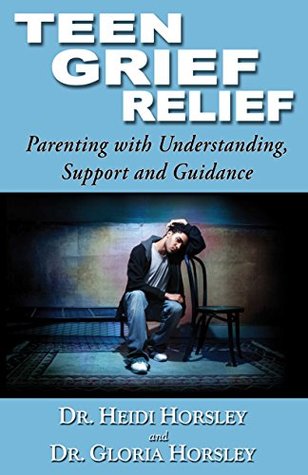
Teen Grief Relief: Parenting with Understanding, Support and Guidance
by Gloria C. Horsley, Heidi Horsley
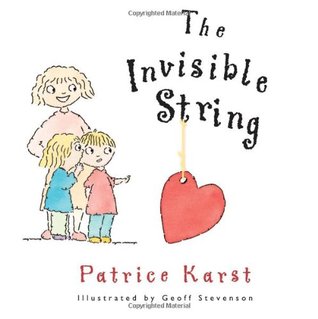
The Invisible String
by Patrice Karst
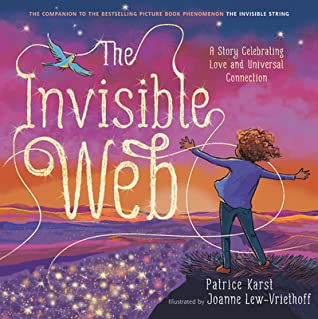
The Invisible Web: A Story Celebrating Love and Universal Connection
by Patrice Karst
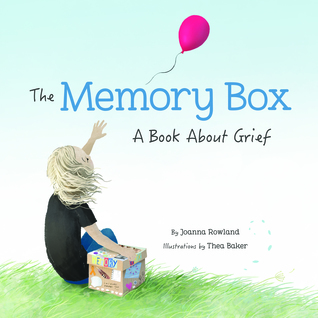
The Memory Box: A Book About Grief
by Joanna Rowland
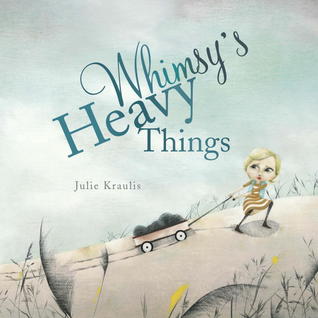
Whimsy's Heavy Things
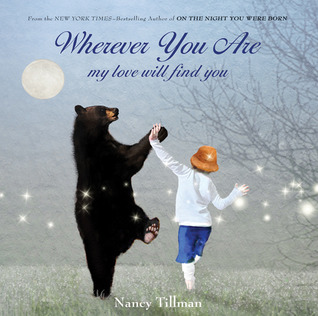
Wherever You Are My Love Will Find You
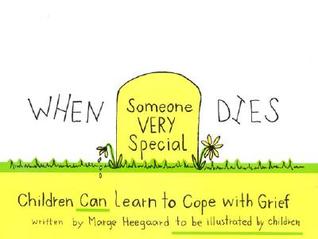
When Someone Very Special Dies: Children Can Learn to Cope with Grief
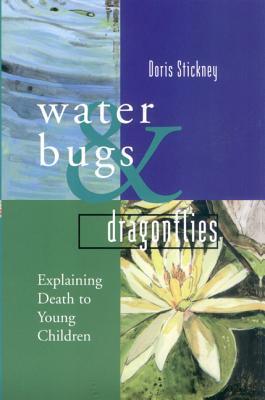
Waterbugs and Dragonflies: Explaining Death to Young Children
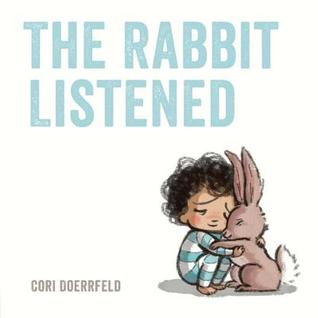
The Rabbit Listened
by Cori Doerrfeld
